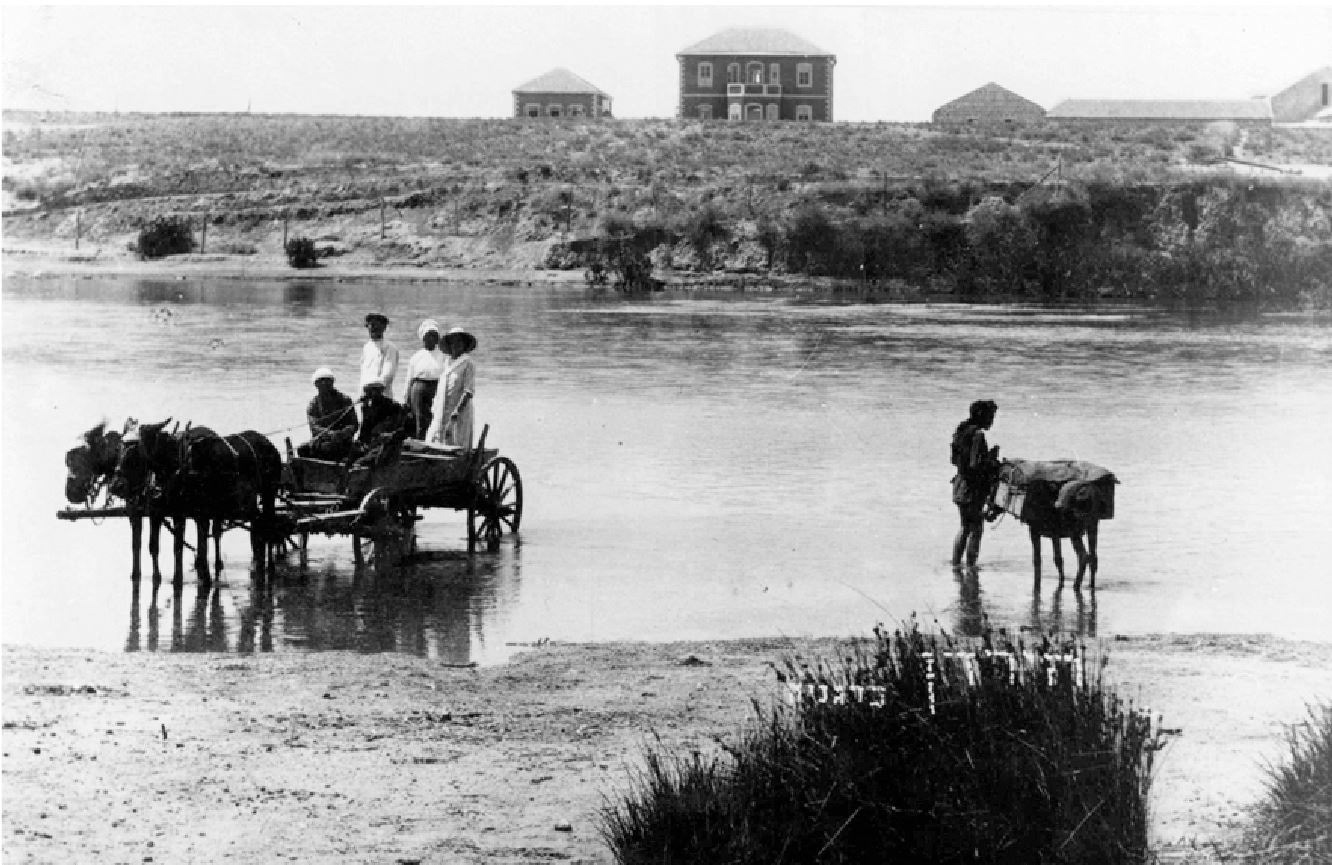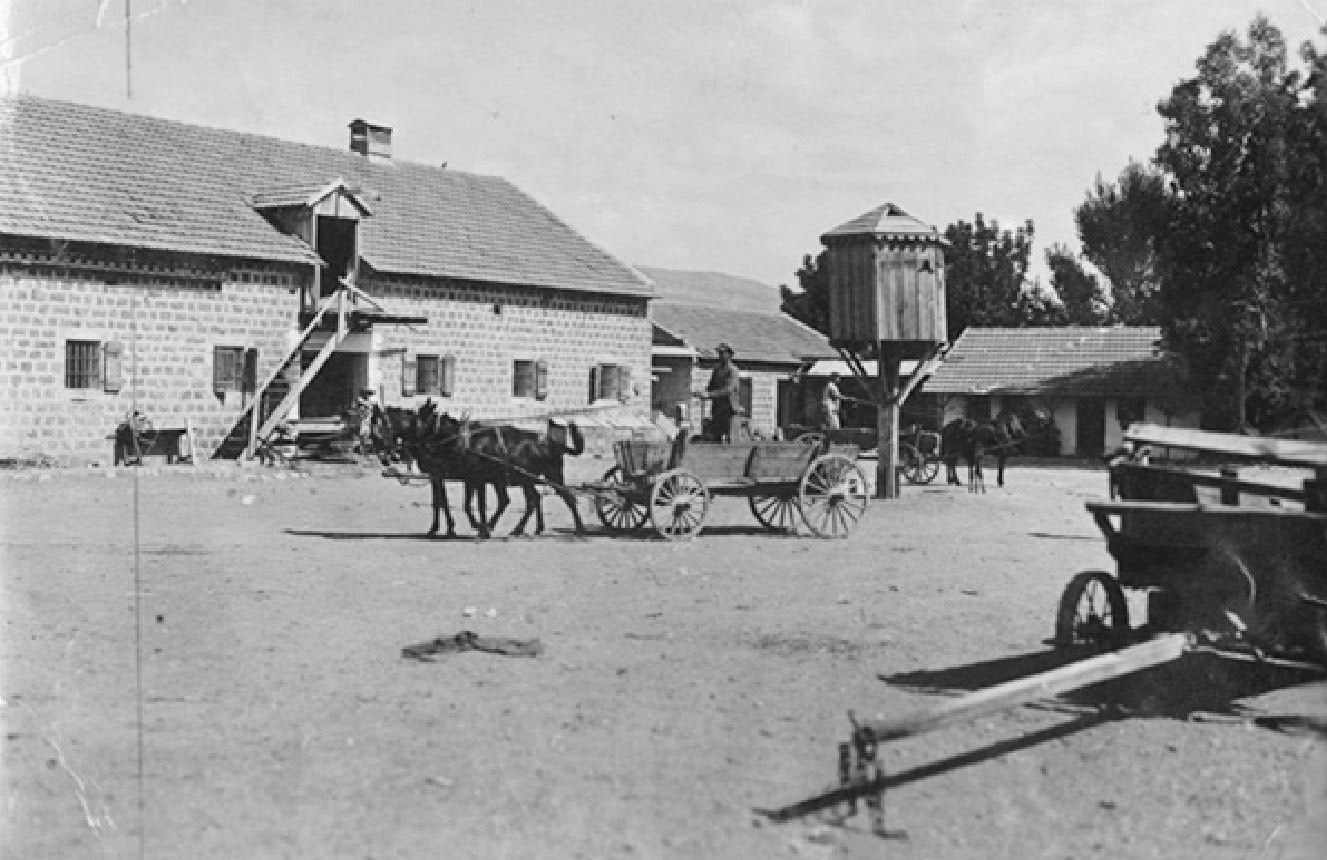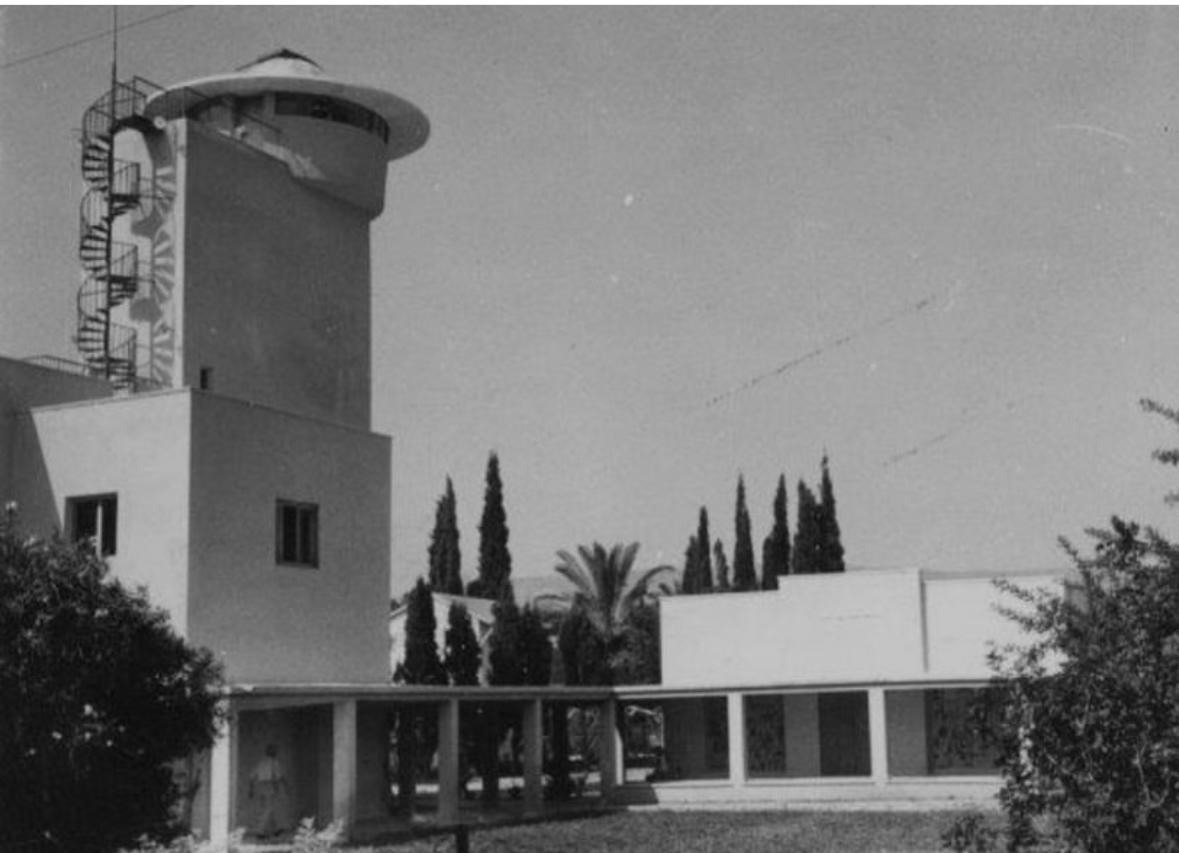"Exploration of an Architectural idea starts with meeting the people I design for. There’s something rudimentary and intriguing in this formed interaction at the beginning of a project, each inviting the other into their own unique world. From there, the work begins."
Moran Palmoni, born in Kibbutz Degania, graduated with honors from The Architecture School at Bezalel Academy of Arts and Design, Jerusalem in 1994.
Between 1994-98 completed his apprenticeship at Ada Carmi Melamed Architects.
In 1998, he founded “Moran Palmoni Architects “. The studio specializes in a diverse scope of projects: educational compounds, public buildings, residential buildings, holiday resorts, preservation houses and unique private homes.
The studio puts an emphasis on highly meticulous design of the interior and outdoor spaces while balancing the restrained design in which the human scale is the key component to the harmony and sense of place.
Between 2010-15 Senior lecturer at the Architecture faculty, Tel–Aviv University.
Member on the board of trustees - Bezalel Academy of Arts and Design.
Among the studio’s leading projects:
2023 New Kibbutzim College of Education (in northern entrance to Tel Aviv): beginning of construction.
2020 Completion of Nofey Yam, seaside Kindergarten complex in Tel Aviv
2019 Won the prestigious Rokach award for planning “Horev”, a school for special education in the south of Tel Aviv.
2017 The studio won the competition for planning the home of Roman Abramovich in Neve Tzedek, Tel Aviv
2016 Planning of special educational school “Horev “ as part of “Livne “project. An educational complex in the south of Tel Aviv. The project includes: designing of two schools, a kindergarten complex, gymnasium and a pedestrian boulevard to connect and integrate between the educational complex and the neighborhood.
2012 Completion of the Keren complex , a unique residential project in the American Colony, Tel-Aviv.
2007 Planning of a luxurious complex of vacation villas in Lefkada, Greece.
2001 Winner of the competition for planning the campus of Kibbutzim College of Education.
Q & A :
What do you think about Architecture in Israel today?
Any process requires the right rhythm and timing - surely the process of formulating design and environmental culture for a society as young as ours. Good architecture requires time and must stand the test of time, it cannot be implemented instantaneously - it requires patience, observation and rigor in order to gradually produce a local design tradition.
I try to maintain restraint and humility in my projects and keep simplicity and clarity of design.
I hope that some of my intentions and explorations will remain here and may even add value to the local architecture, such that benefits the people who are using and exposed to it.
I try to maintain restraint and humility in my projects and keep simplicity and clarity of design.
I hope that some of my intentions and explorations will remain here and may even add value to the local architecture, such that benefits the people who are using and exposed to it.
Does architecture influence society?
Architecture influences and influenced by everything. However, politics has a greater effect on our lives and even the most beautiful building cannot fix an ugly reality. Every project has different needs and in all cases I try to find the best solution that responds to its environmental context and the end user.
In my eyes, human scale is the most critical component of design - it discerns the difference between just formalism to architecture that creates a sense of place.
Good architecture influences the way we perceive reality and react to it. I assume that any change, even a small one, ultimately produces a change in society.
In my eyes, human scale is the most critical component of design - it discerns the difference between just formalism to architecture that creates a sense of place.
Good architecture influences the way we perceive reality and react to it. I assume that any change, even a small one, ultimately produces a change in society.
What would you like to be, if not an architect?
A musician.
Ramat Gan Stadium, 40 thousand spectators, I bought the last remaining tickets for the Leonard Cohen concert. 150 meters away from the stage, 76-year-old singer and a small band. I could hardly see the stage, let alone him. At the beginning of the concert, a group of us sat and talked while listening to the distant music play in the background. Towards the fifth song, I believe we stopped talking, everyone was deeply focused on the little figure with the hat. At that moment I felt he was singing just for me.
How is it that in the most unlikely place an intimacy is created? Cohen's songs are made of bare, exposed and very basic materials, with no sound effects or advanced technologies. He manages to touch each and every one of us, something in him makes us stand on our feet and surrender to this experience.
When we connect with human emotion we can simply shorten distances, we can feel and bring the faraway very close.
When we connect with human emotion we can simply shorten distances, we can feel and bring the faraway very close.

Degania - view from the Jordan River

Harishonim - Degania's first farmyard

